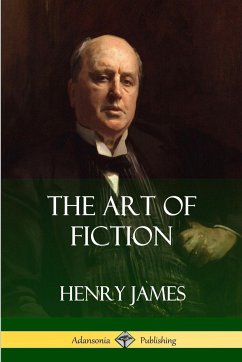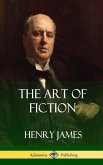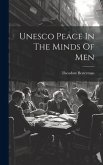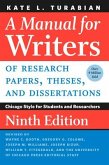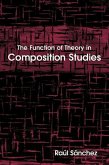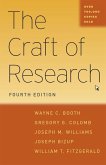World-renowned novelist and short story author Henry James offers practical advice and considerable insight on what makes quality fiction, and how good writers can create it. A common theme seen in Henry James' works is contrasting the naivete and untrammeled freedom of the New World with the knowledgeable but corrupt nature of Europe and the Old World. Beginning with short stories while in his 20s, James quickly gained a reputation as a skilled wordsmith and compelling narrator. His innovative style was emblematic of new forms of penmanship which partly displaced and partly accentuated the prevalent Romantic and Victorian literary forms. Much of Henry James teaching contains his opinions on the nature and purpose of fiction. His theories about what a novel should present - as entertainment, as art, and as a reflection upon the author - offer readers thoughtful and informed analysis of creative writing.
Hinweis: Dieser Artikel kann nur an eine deutsche Lieferadresse ausgeliefert werden.
Hinweis: Dieser Artikel kann nur an eine deutsche Lieferadresse ausgeliefert werden.

